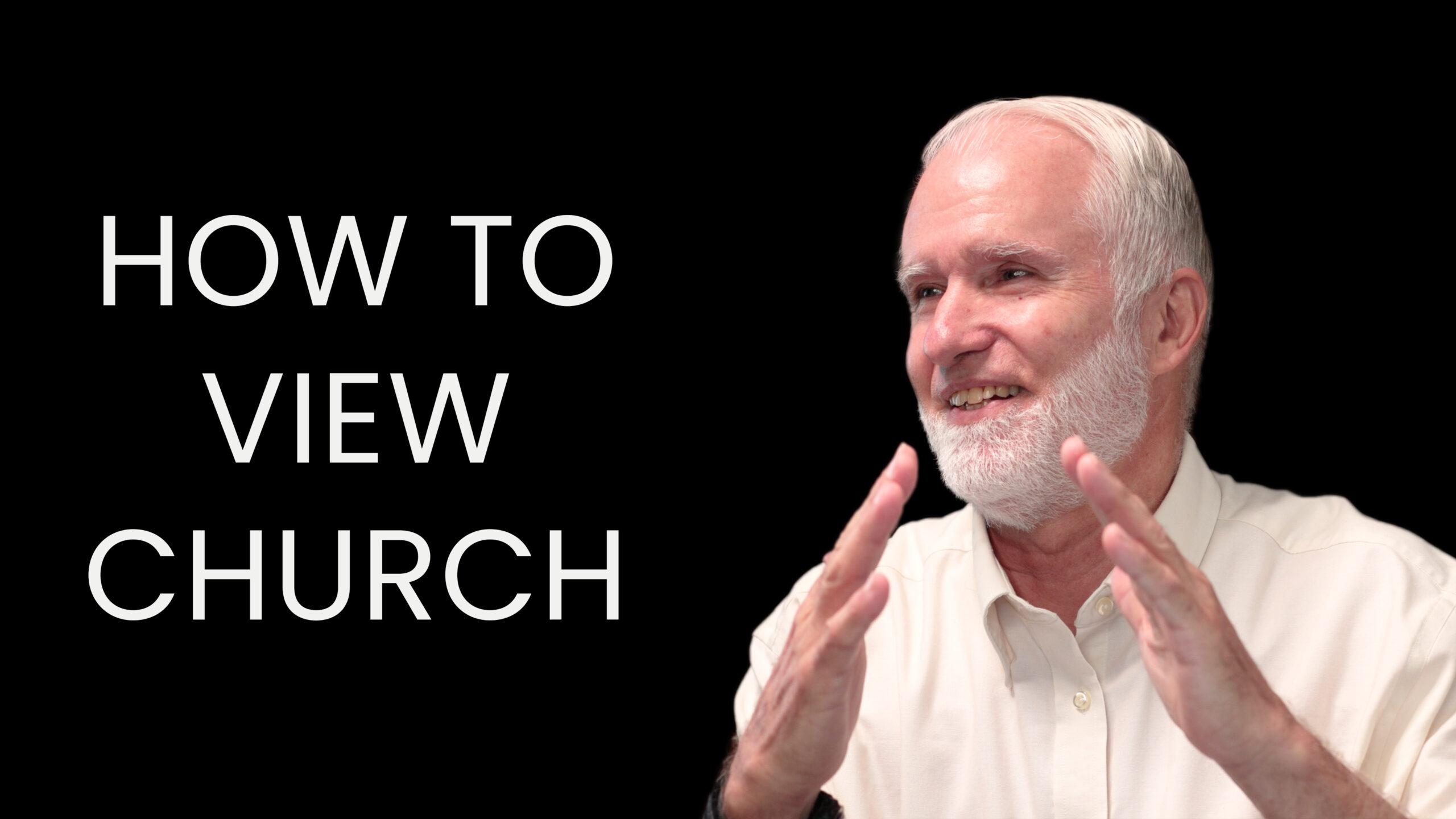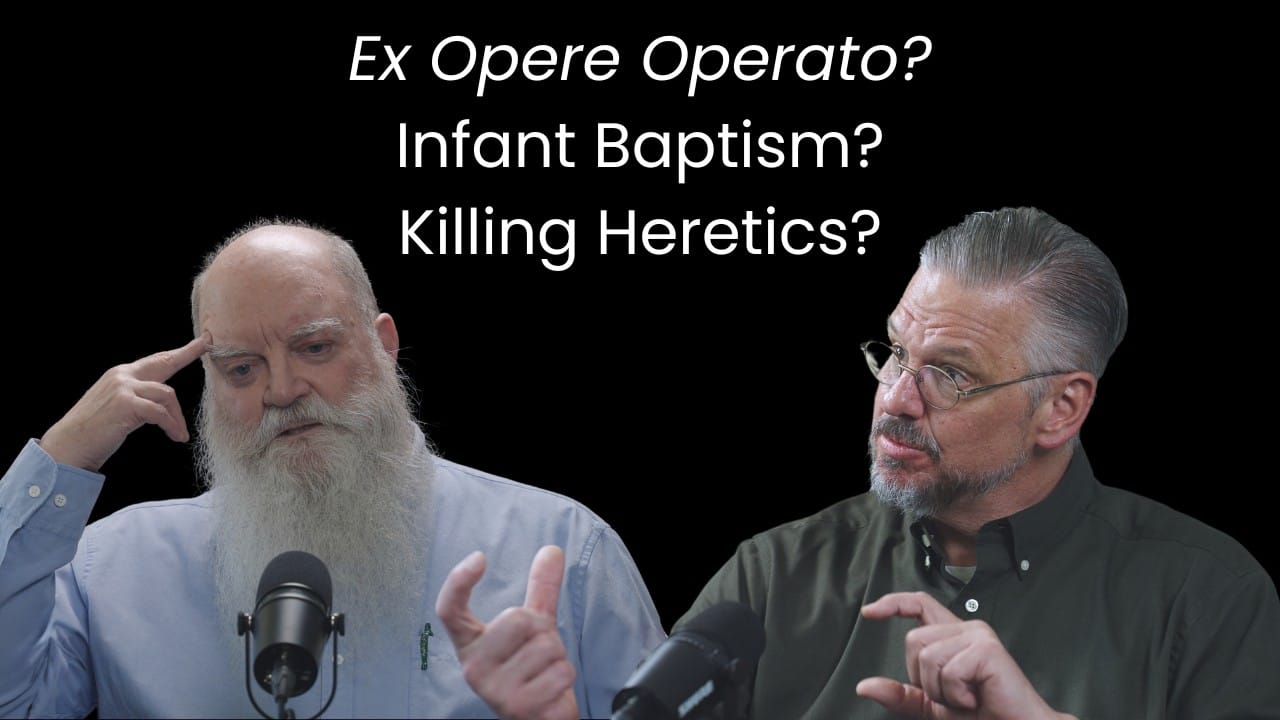How Can the Anabaptist Vision Flourish?
There are signs of impending death. How can we live the vision? Chester Weaver shares threats to the Christian vitality of Anabaptism and calls us to steady faithfulness.
Mennonite Experience in America Series
Smith’s Story of the Mennonites 5th edition – C Henry Smith
Introduction of Mennonite History – Cornelius Dyck
Episode Guest Info
Chester Weaver
Chester Weaver has been involved in Christian education for almost all of his adult life, serving as full-time Christian school teacher for 38 years. He also has taught at short term youth Bible schools for 20 years. He has paid particular attention to Christian history, especially Anabaptist history and theology. He and his wife Barbara, parents of eight children, reside in Itasca, Texas, near the families of two of their sons. One son and two daughters, with their families, live in California while two more children live in Virginia. One son with his family lives in Ireland.
Read MoreEpisode Host
Reagan Schrock
Reagan is a member of Wellspring Mennonite Church and lives with his wife Patricia in southeast Tennessee. Reagan, along with Jaran, started Anabaptist Perspectives in 2017, and serves in leadership in the organization, in addition to being deeply involved in overseas missions work.
Read MoreRelated Content
Marlin Sommers
1 year ago
From Chester: While the Acts is a record of what happened in the early church, it remains a part of the accepted canon of New Testament Scripture. Later church history is not a part of that canon. Believers are naturally interested in both records. The prescriptives of the Epistles grow out of the milieu described in the Book of Acts. Even though we lack a sense of the milieu of later time periods, the Christian Church understands that the prescriptives of the Epistles continue to apply to all subsequent church history. The Acts record includes important events such as the coming of the Holy Spirit upon the Church and the divinely directed acceptance of Gentile believers into the Church on equal ground with the Jews. We certainly do not understand that the Church copy the disagreement of Paul and Silas, but we certainly recognize that redeemed humanity has struggled for 2000 years in dealing with all kinds of differences such as this difference illustrates. Today, while we still read Acts and the Epistles with the desire to apply all we can, our problem has been the failure to read subsequent history for the purpose of learning all we can from the past 2000 years. I think the record of Acts ended when it did with the understanding that subsequent believers would diligently study the accumulated church history up to their own historic time. Each generation is more responsible because the record continues to increase. We have no need to re-invent the wheel when new issues arise. All the new issues are the old issues, just new faces and new places. Nothing new under the sun.
Mr. Charles
1 year ago
In your January 4 episode with Chester Weaver, Chester states that the book of Acts is largely descriptive and not prescriptive. I was recently introduced to this idea in another setting and then Chester brought it up again in this episode. Here’s my question: how does a sincere believer go about determining which Scriptures are descriptive and which are prescriptive? I don’t necessarily disagree with Chester’s assessment. I would simply like to have some processes or tools that I can consistently apply to Scripture to determine descriptive vs. prescriptive. I look forward to your reply. Thank-you
Marlin Sommers
1 year ago
Perhaps Chester will have more, two quick notes. 1. The author’s work is inspired of God, which means that message Luke intends to convey through the book of Acts is God’s inspired message to us. The part that takes work is understanding what role the various elements in the book of Acts play in what Luke is doing. Acts is an extension of Luke which is described as a systematic account of the happenings surrounding Jesus that we may know the certainty of them. Presumably he has a parallel purpose in Acts. While Luke is not saying the human actors he tells about did everything perfectly, he is clearly attempting to ground our understanding of Christianity. He is for example clearly attempting to demonstrate and prove that Gentiles can become Christians without being circumcised, and when he presents sermons he is surely presenting them as accurate sermons … 2. Not only do we need the context of the whole book, but we need the larger canonical context. There are other sections of scripture that give explicit teaching. Neither of these give a formula or make every case easy…
Leave a Reply
“Using digital media to encourage allegiance to Jesus’ sacrificial kingdom.”













Mr. Charles
1 year ago
Thank-you for your replies. My concern is that I have seen people use this prescriptive/descriptive analysis to disregard certain Biblical applications that were not convenient to them. For example, many would say that the woman’s headship covering is descriptive of the culture of that time, and that Paul was addressing the believers of his time and that is it not prescriptive for us today. I’m just afraid that without a thoughtful framework in which to think about prescriptive/descriptive it can tend to give license to a consumeristic and individualistic interpretation of the Scriptures. I think this discussion relates to the Anabaptist vision!?